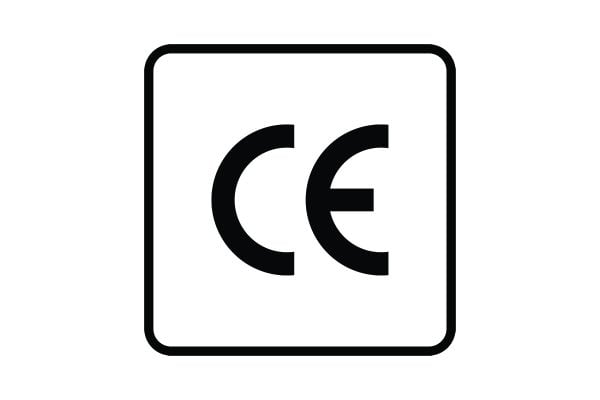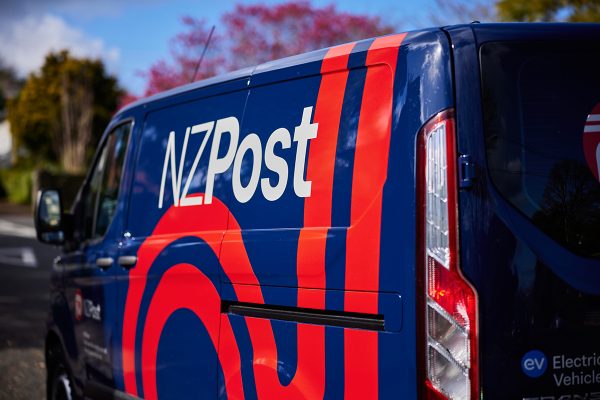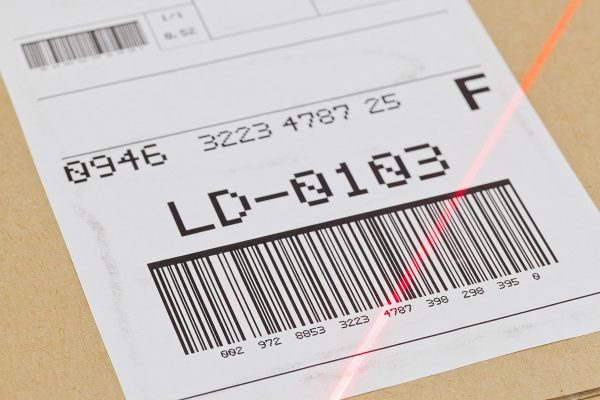Planning for Brexit Day ranges from “excellent” to “chaotic”, according to a cross-border ecommerce specialist. Hurricane Commerce says the discrepancy between those who have put in place robust plans and those who haven’t is huge – and time is running out to get Brexit-ready.
Postal authorities, carriers, ecommerce merchants and marketplaces all face severe impact on their businesses if they are not able to provide complete and valid data on parcels and be Brexit-ready from the 1st of January.
“This is not just about the UK and trading into the EU; it is also about the remaining 27 EU member countries and their cross-border trade into the UK.
The phrase ‘My shipment is stuck in customs’ is often used by businesses and the ever-growing number of private citizens using international ecommerce retailers.
The perception is that customs officers and their bureaucratic requirements are bringing the world to a grinding halt. The reality is quite different. Most customs authorities operate sophisticated, automated clearance facilities taking just a few moments for a shipment with the correct data to clear customs.
The real problem is usually that the exporter or importer has not complied with the requirements to import a shipment into a country and have failed to supply full and accurate data and documentation.
The problem is only going to be exacerbated by Brexit. We know that while some postal operators, carriers and ecommerce merchants are ready for the changes, many more are a long way from being prepared. The state of readiness ranges from the excellent to the chaotic.”
– Martin Palmer, Chief Content and Compliance Officer, Hurricane Commerce
Main reasons for delays in Customs clearanc2
- Missing or incomplete data
Customs clearance in most countries is automated. Missing or incomplete data will result in an automatic failure.
- Vague or misleading descriptions of contents
Product descriptions need to be accurate and detailed.
- Missing and incorrect HS 6 codes
The World Customs Organisation Harmonised System that uses code numbers to define products. Many Logistics Service Providers (LSPs) will refuse to accept shipments without provision of this information.
- Incomplete shipper and consignee data
Ensuring full details of shipper and consignee name and address data, including collection and importer details if relevant, is essential.
- Contents require licences or other specialised paperwork for import
Every country has unique requirements, practices and restrictions for international shipping and determining which commodities can be shipped into and out of a country.
- Unrealistic valuation of contents
One of the most common duty and tax disputes is an incorrectly declared value. Values should represent the actual transaction value or a realistic market value. An error in value can cost you considerably in import delays and fines.
- Missing Country of Origin (COO)
Customs require to know where the commodity was manufactured in addition to where it was exported from. The COO may influence the amount of duty and tax that may be applicable to be paid.
- Denied Parties (DPs)
Denied parties are individuals, organisations and entities that have been placed on a governmental list that limits the ability to do business with them. Most governments have DP lists as well as international organisations such as the United Nations, and the EU. Shipments originating from or destined to an individual, organisation or entity appearing on a DP list can result in clearance delays, substantial financial penalties or even jail time.
“Anyone who leaves their Brexit preparations until the last minute is asking for trouble. We are now less than 80 days away from this seismic change in the trading relationship between the UK and the EU.
Customs authorities themselves are having to scale up massively to cope with the huge increase in requirement for customs declarations and there will inevitably be some major challenges as both sides get used to the new norm.
It therefore means the more prepared those involved in cross-border eCommerce trade are, the more likely your parcels are to get to their destination as seamlessly as possible after January 1.
– Martin Palmer, Chief Content and Compliance Officer, Hurricane Commerce
Hurricane Commerce’s industry-leading solutions are helping customers, including postal operators, carriers, ecommerce merchants, marketplaces and platforms across the key areas of data enhancement, duty and tax calculation, prohibited and restricted goods screening and denied parties screening.









